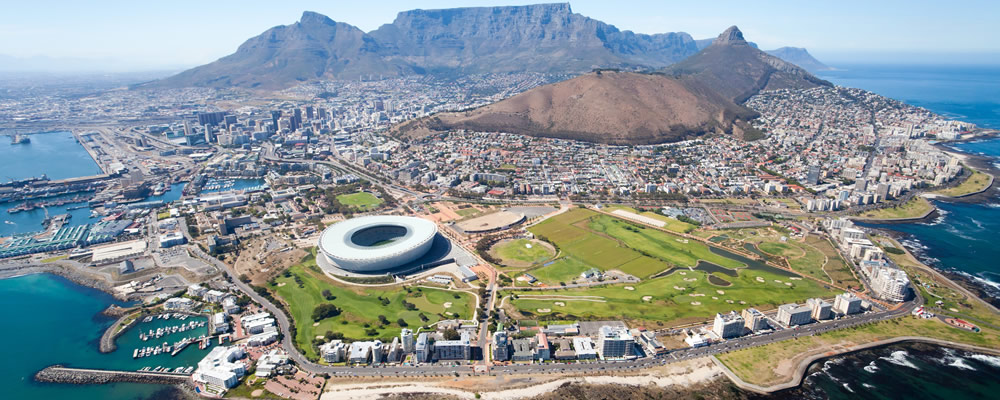Euro to South African Rand Exchange Rate Unappealing amid Political Developments
Due to persistent political jitters in major EU nations like the UK and Italy, the Euro to South African Rand (EUR/ZAR) exchange rate has been unappealing. Eurozone data continues to point towards slower growth in the bloc too, dampening Euro (EUR) appetite.
Since opening this week at the level of 16.30, EUR/ZAR has trended largely with a downside bias. EUR/ZAR touched a high of 16.37 in the middle of the week before tumbling on Thursday.
At the time of writing on Friday morning, EUR/ZAR trended near a weekly low of 16.04.
The Euro steadied slightly on Friday morning, but still trended close to its worst weekly levels as investors remained anxious about tensions between Italy and the EU, as well as how the Brexit process may impact the Eurozone.
Due to political uncertainty in the UK, investors were more willing to turn towards emerging market currencies like the South African Rand (ZAR) instead.
Euro (EUR) Exchange Rates Sold on Political Jitters
The Euro has seen mixed movement in recent sessions, as political developments in Italy and the UK make investors anxious.
Earlier in the week, Italy defied the EU’s requests to revise its budget plan. With Italy insistent on its spending and borrowing focused budget, the EU must now decide whether it will consider discipline against the nation.
A decision from the EU is not expected until the 21st of November, which is leaving the Euro in limbo.
Demand for the Euro has also been dampened by Brexit fears, which have been dominating market focus this week.
As Britain’s government falls into turmoil over disagreement on the Brexit bill, investors became more concerned about how a potential ‘no-deal Brexit’ could impact the Eurozone economy.
A Friday morning speech from European Central Bank (ECB) President Mario Draghi did little to change Euro movement. His tone was generally optimistic, but he noted that inflation could slip:
‘if firms start to become more uncertain about the growth and inflation outlook, the squeeze on margins could prove more persistent
This would affect the speed with which underlying inflation picks up and therefore the inflation path that we expect to see in the quarters ahead.’
This kept pressure on the Euro.
South African Rand (ZAR) Exchange Rates Benefit from Rival Weakness
Investors have been more willing to buy risky emerging market currencies like the South African Rand in recent sessions, as political developments have left major currencies like the Euro and US Dollar (USD) less appealing.
In particular, despite the Eurozone political uncertainties, risk-sentiment has actually risen in recent sessions.
Signs that the US and China could be closer to positive trade negotiations bolstered hopes that trade tensions between the nations could be de-escalated.
With investors hesitant to buy major currencies and risk-sentiment rising, emerging market currencies like the South African Rand have seen easier gains.
Euro to South African Rand (EUR/ZAR) Exchange Rate Investors Anticipate Political Developments
Demand for the Euro to South African Rand (EUR/ZAR) exchange rate could remain limp for much of next week too, especially if there are no fresh reasons to buy the Euro.
Monday will see the publication of Eurozone construction output, followed by French unemployment figures on Tuesday.
Wednesday may be vital, in that the EU is expected to offer some kind of response to Italy’s budget in the middle of next week.
The South African Rand, on the other hand, could remain sturdy as long as investors remain willing to buy risky, emerging market currencies.
If there are further signs that the US and China could be closer to more positive trade discussions, the South African Rand may have further to climb.
Euro to South African Rand (EUR/ZAR) exchange rate investors may also react to South Africa’s October inflation rate results, due on Wednesday.



